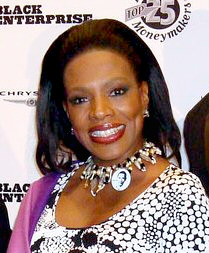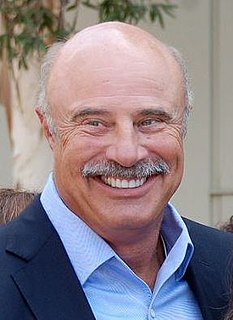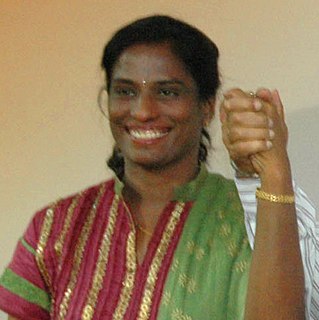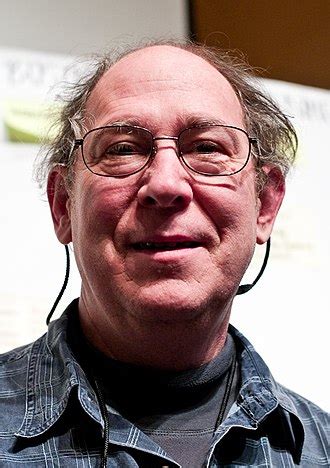A Quote by Sheryl Lee Ralph
I remember specifically, in the summer of 2002, the rate of women infected with HIV/AIDS was beginning to match the rate of men, and nobody was talking about it. It was as if it was on nobody else's radar. I had made up my mind to do something about it.
Related Quotes
It may be hard to remember how difficult it was for people to talk about HIV/AIDS back in the 1980's and because of both Ronald Reagan and Nancy Reagan - in particular Mrs Reagan - we started a national conversation, when before nobody would talk about it, nobody wanted to do anything about it. Something that I really appreciate was her very effective but low-key advocacy, but it penetrated the public conscience, and people began to say "hey we have to do something about this too.
Drug warriors' staunch opposition to needle exchanges to prevent the spread of HIV in addicts delayed the programs' widespread introduction in most states for years. A federal ban on funding for these programs wasn't lifted until 2009. Contrast this with what happened in the U.K. At the peak of the AIDS epidemic in the mid-1990s, the HIV infection rate in IV drug users in the U.K. was about 1%. In New York City, the American epicenter, that figure was 50%. The British had introduced widespread needle exchange in 1986. That country had no heterosexual AIDS epidemic.
An AIDS-free generation would mean that virtually no child is born with HIV; that, as those children grow up, their risk of becoming infected is far lower than it is today; and that those who become infected can access treatment to help prevent them from developing AIDS and from passing the virus on to others.
People just didn't write songs that were so directly emotional in those days. They still don't. Part of Hank's [Williams] thing was that he was opening up about relationships between men and women in ways that nobody else did, and I think that's something that made him stand out so much. His songs are just so straightforward about these really deep feelings that are universal, but they're so hard to write about without sounding sappy or over the top. You think of men in that era - they didn't express themselves that way.
My first AIDS campaign was in 1985. There was this dark cloud, everybody was socially inspired - we hadn't seen social consciousness like that since the '60s - but most people were talking about hunger in Africa. Nobody was talking about this really ominous circumstance here in the U.S. because of this fear of stigma.



































